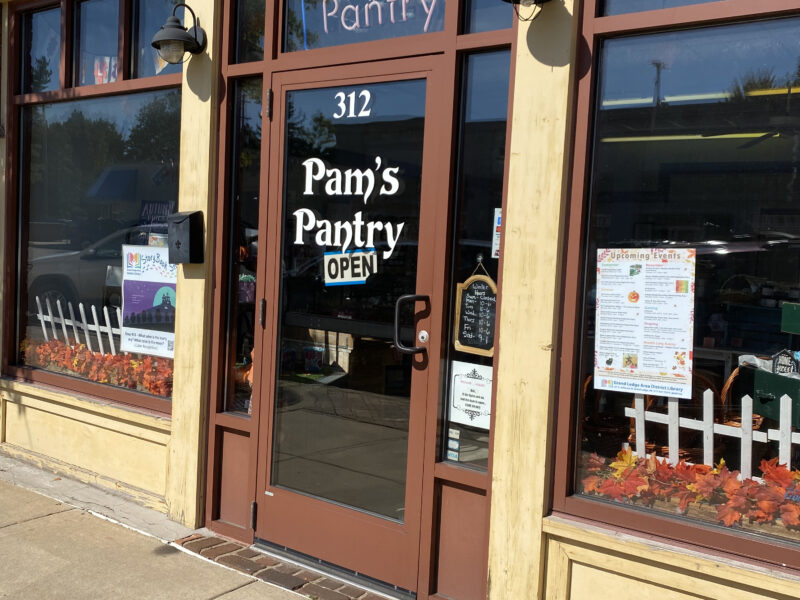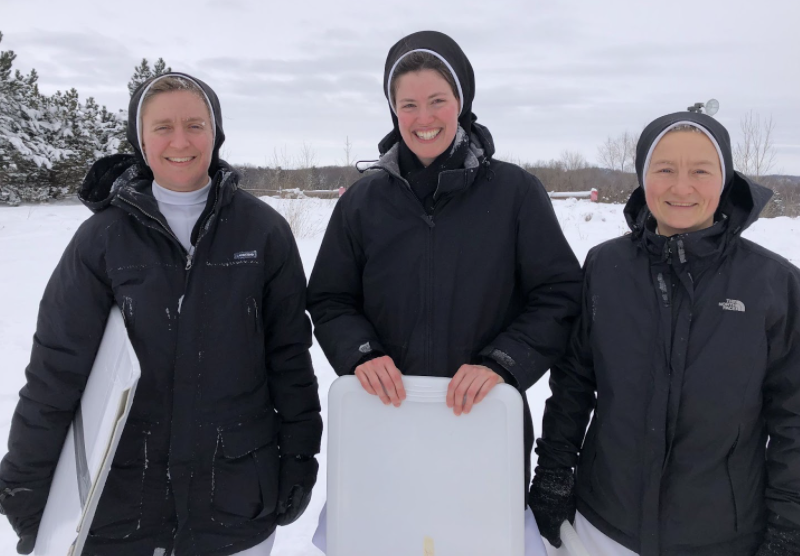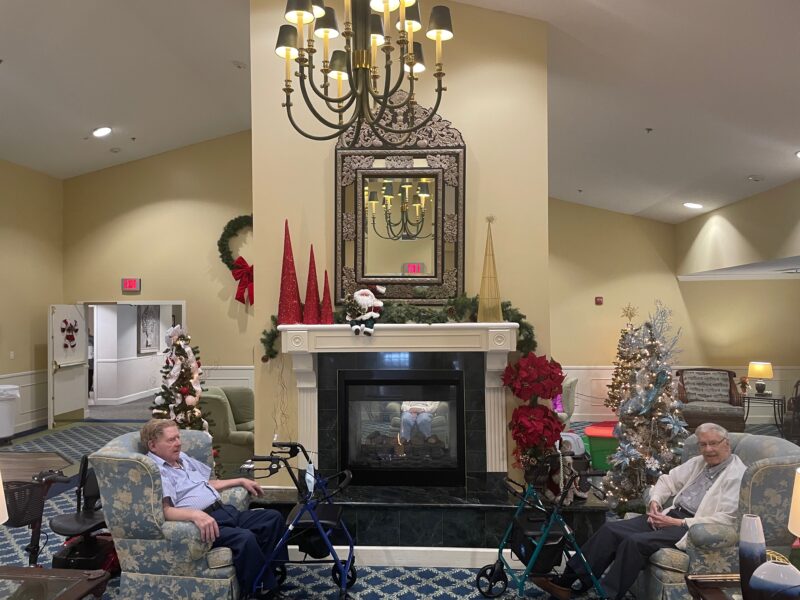The Capital Area Humane Society building in Lansing where some of the fixed cats from Mill Pond Village are taken to be adopted.
Capturing wild cats in an effort to combat overpopulation has been a cooperative venture between the Capital Area Humane Society and Mill Pond Village residents. Since July, the shelter has seen approximately 90 Mill Pond Village cats go through its spay and neuter clinic.
“When we got in here a few months ago, we realized that there is a huge cat problem,” Jade Storball, the Mill Pond Village community assistant, said. “I can’t even make an estimate. I’d say around 100 or 150 [cats].”
With so many cats roaming the mobile home park, Mill Pond Village staff turned to the Capital Area Humane Society for help, which oversees the Community Cat Program, aiming to limit cat overpopulation issues by providing a resource for members of the community to consult to get the cats fixed.
“We went in, we trapped them, we fixed them, vaccinated [them], and returned them to where they were,” said Holly Thoms, director of the Capital Area Humane Society Spay and Neuter Clinic.
“We did take a few over to the shelter that we were able to verify were not owned pets, because we don’t want to go into the trailer park and take people’s pets away,” Thoms said. Once the cats are ready to be released, they each have an ear clipped to show they have been fixed.
“We’ll also be working with residents in the trailer park to spay and neuter their pets because we believe a large majority of the cats that are running around are people’s indoor-outdoor cats,” Thoms said.
The shelter will be providing the procedures to the pets of Mill Pond residents for a discounted price.
“Some [residents] are really happy about it, just because it got so bad.











